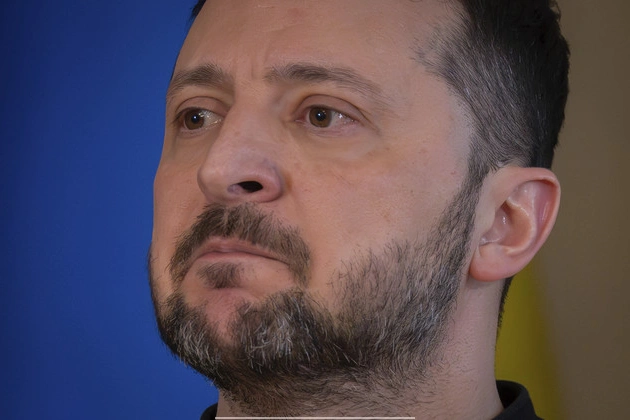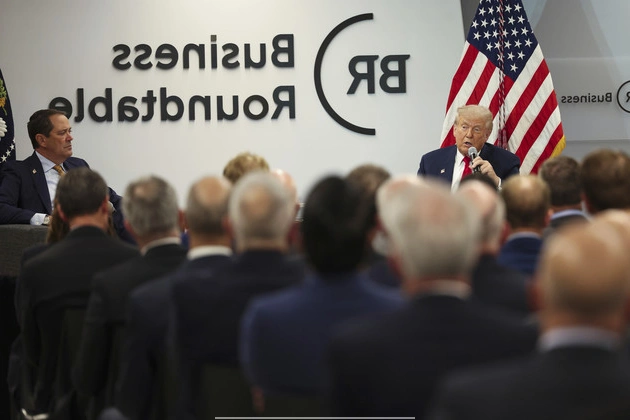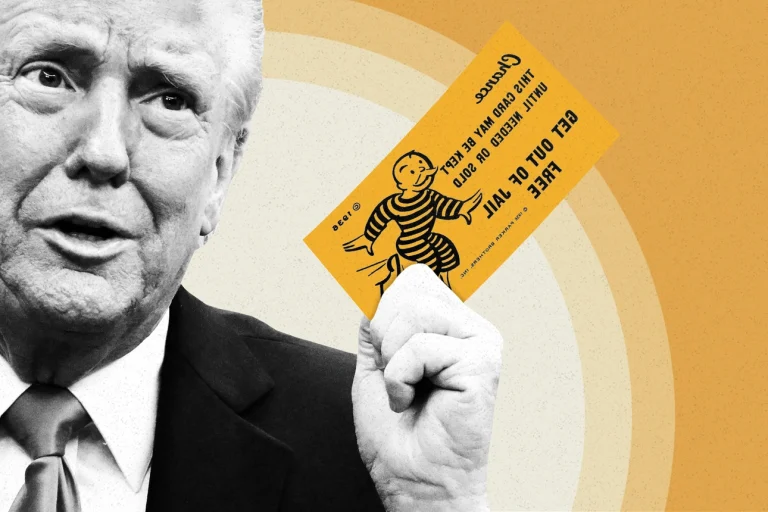
Trump imposes tariffs on Colombia over migrant flight dispute
President Donald Trump has taken a bold step by imposing emergency tariffs on all goods imported from Colombia following a contentious incident involving U.S. military aircraft and detained Colombian migrants.
Escalating Tensions
The recent escalation began when Colombian President Gustavo Petro refused to allow two U.S. military aircraft carrying Colombian migrants to land, citing concerns over national security and public safety.
Trump responded swiftly, announcing on social media that punitive tariffs starting at 25% would be implemented immediately, with an increase to 50% within a week.
Legal Implications
This move could serve as a litmus test for Trump’s tariff threats and emergency powers, as the administration navigates the legal complexities of imposing such duties without relying on existing trade laws.
Despite Petro’s initial defiance, he later arranged for the return of the migrants via presidential plane, signaling a potential de-escalation of the crisis.
Trade Relations at Risk
The imposition of tariffs marks a significant shift in the U.S.-Colombia relationship, which has been underpinned by a free trade agreement facilitating the flow of goods between the two nations.
With over a quarter of Colombia’s exports heading to the U.S., the economic repercussions of these tariffs could reverberate across both countries.
Future Implications
As tensions persist and retaliatory measures are considered on both sides, the future of trade relations between the U.S. and Colombia hangs in the balance.
It remains to be seen how this dispute will unfold and whether diplomatic channels can pave the way for a resolution that benefits both nations.
Stay tuned for updates on this evolving situation and its impact on international trade and relations.















